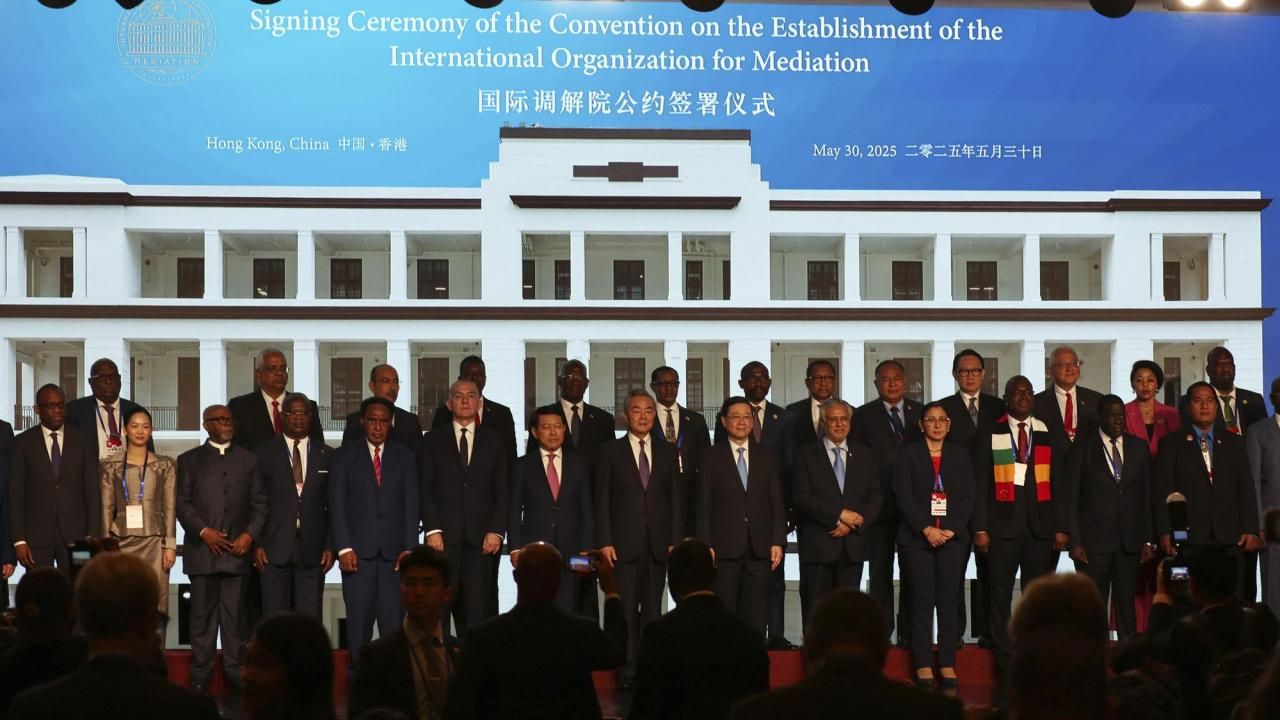
Brian Wong, Assistant Professor in Philosophy and Fellow at Centre on Contemporary China and the World, HKU and Rhodes Scholar
May 30, 2025
Hong Kong remains a vital and distinct gateway between China and the world, with its common law system and international character serving essential functions for China's global engagement and soft power. Despite rising geopolitical tensions and U.S. policy shifts, particularly under Trump, Hong Kong can preserve its relevance by investing in education exchanges, hosting unofficial Sino-American dialogues, and positioning itself as a hub for global governance debates.
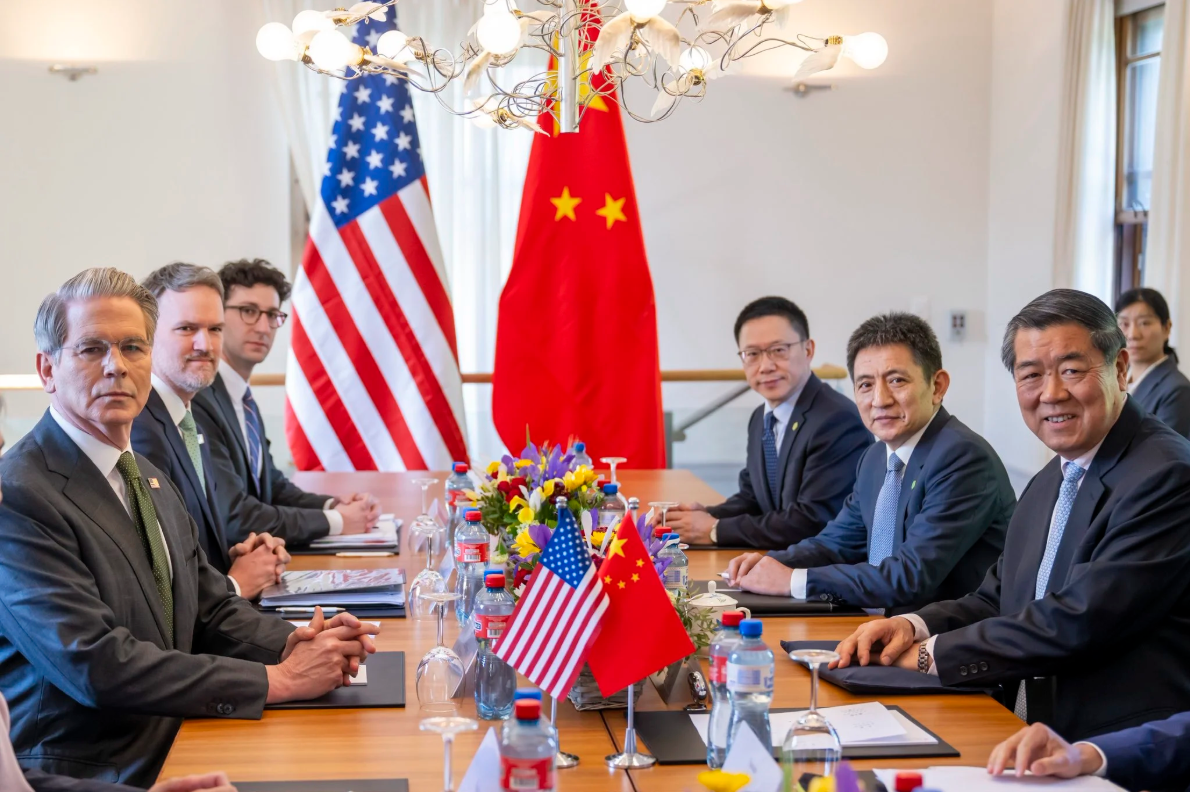
He Weiwen, Senior Fellow, Center for China and Globalization, CCG
May 30, 2025
Values laid out by China and the United States — equality, mutual respect and mutual benefit — will keep trade tensions under control through practical results and stabilize the important trade relationship.
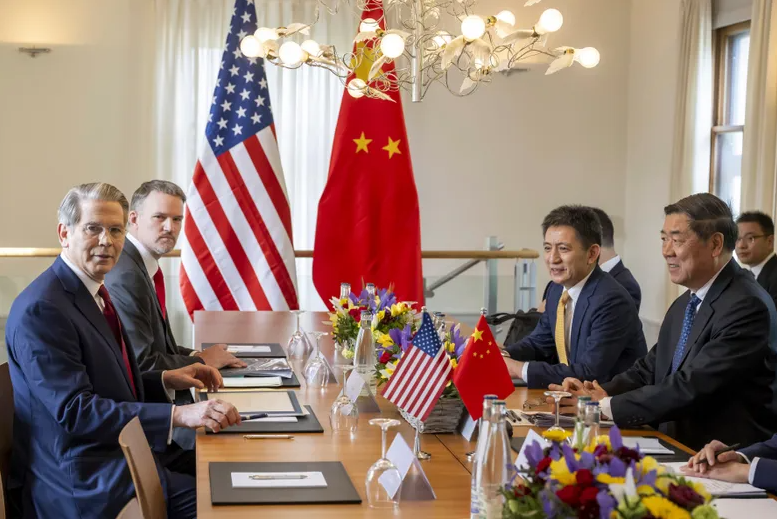
Ghulam Ali, PhD, Monash University, Australia
May 23, 2025
U.S. President Donald Trump’s unwarranted global tariff war, which began on April 2, 2025, with steep 145 percent tariffs on China, alerted economists to unforeseen global consequences. As China’s economy relied heavily on manufactured goods, and with the U.S. as its largest export destination, the Trump administration believed that imposing tariffs could weaken China and compel it to comply with its terms and conditions. Beijing, well-prepared in advance, proved this belief wrong. China’s resolute response within weeks forced the U.S. to enter negotiations, which took place from May 10 to 12 in Geneva, in which the two sides agreed to suspend tariffs for 90 days. The success of Beijing’s policy relied on several factors.
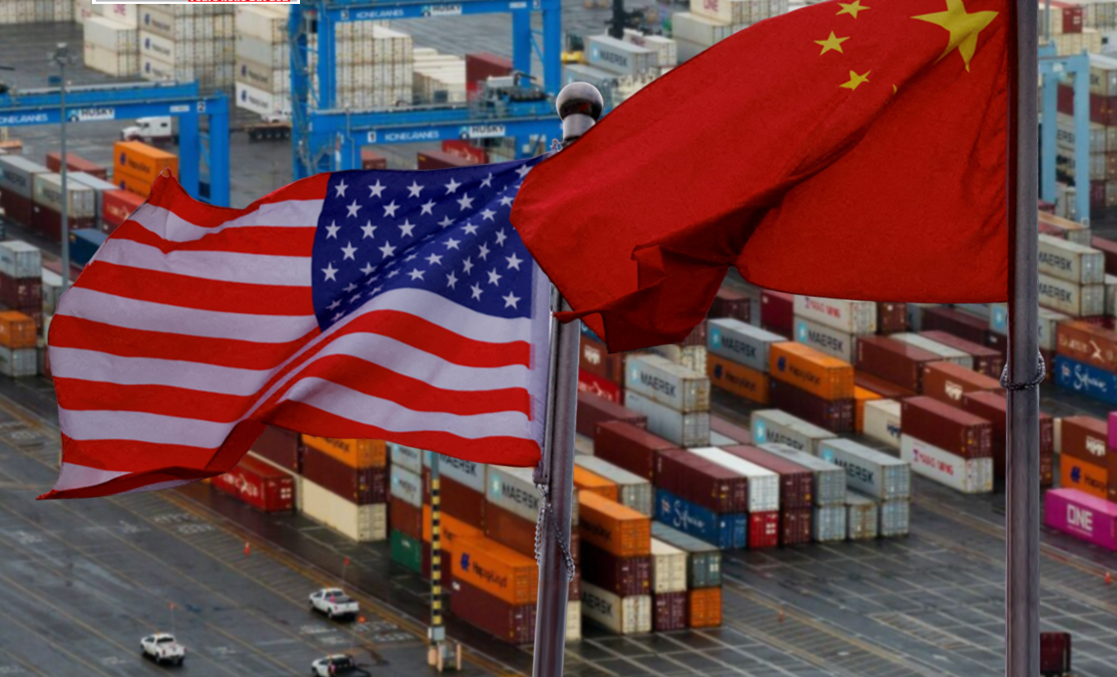
Ma Xue, Associate Fellow, Institute of American Studies, China Institutes of Contemporary International Relations
May 23, 2025
The recent China-U.S. economic and trade talks have helped ease trade tensions between the world’s two largest economies. Tariffs have been reduced significantly, lifting the pessimistic mood. However, a sustainable trade agreement has not yet been sealed.

Christopher A. McNally, Professor of Political Economy, Chaminade University
May 23, 2025
China’s new export licensing system strengthens its control over key rare earth elements, deepening supply chain risks. Although new processing facilities are emerging abroad, they won’t soon offset China’s dominance, prolonging global uncertainty.
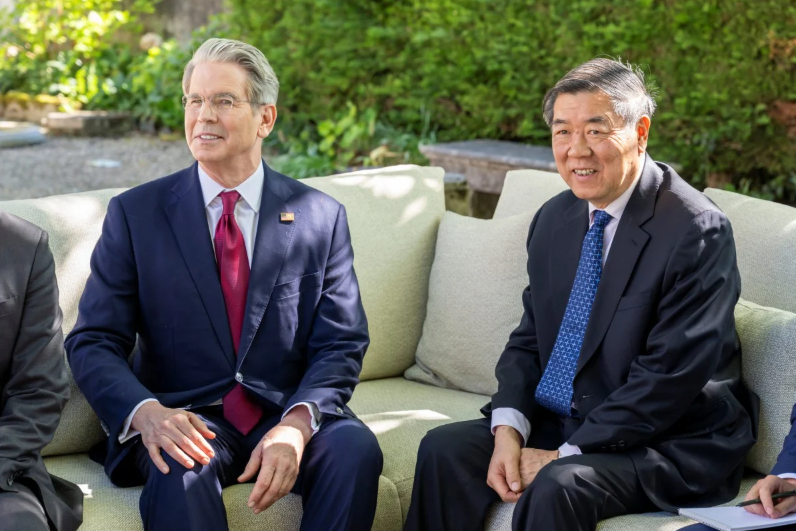
Fu Suixin, Assistant Researcher at Institute of American Studies, Chinese Academy of Social Sciences
May 22, 2025
To Donald Trump’s surprise, China showed no fear of tariffs. Instead, it launched a powerful tit-for-tat counteroffensive that caused the United States to back off. Trump’s pattern of bullying, his obsession with bellicose showmanship, his love of flattery and his attempts to instill fear are on display for all to see.
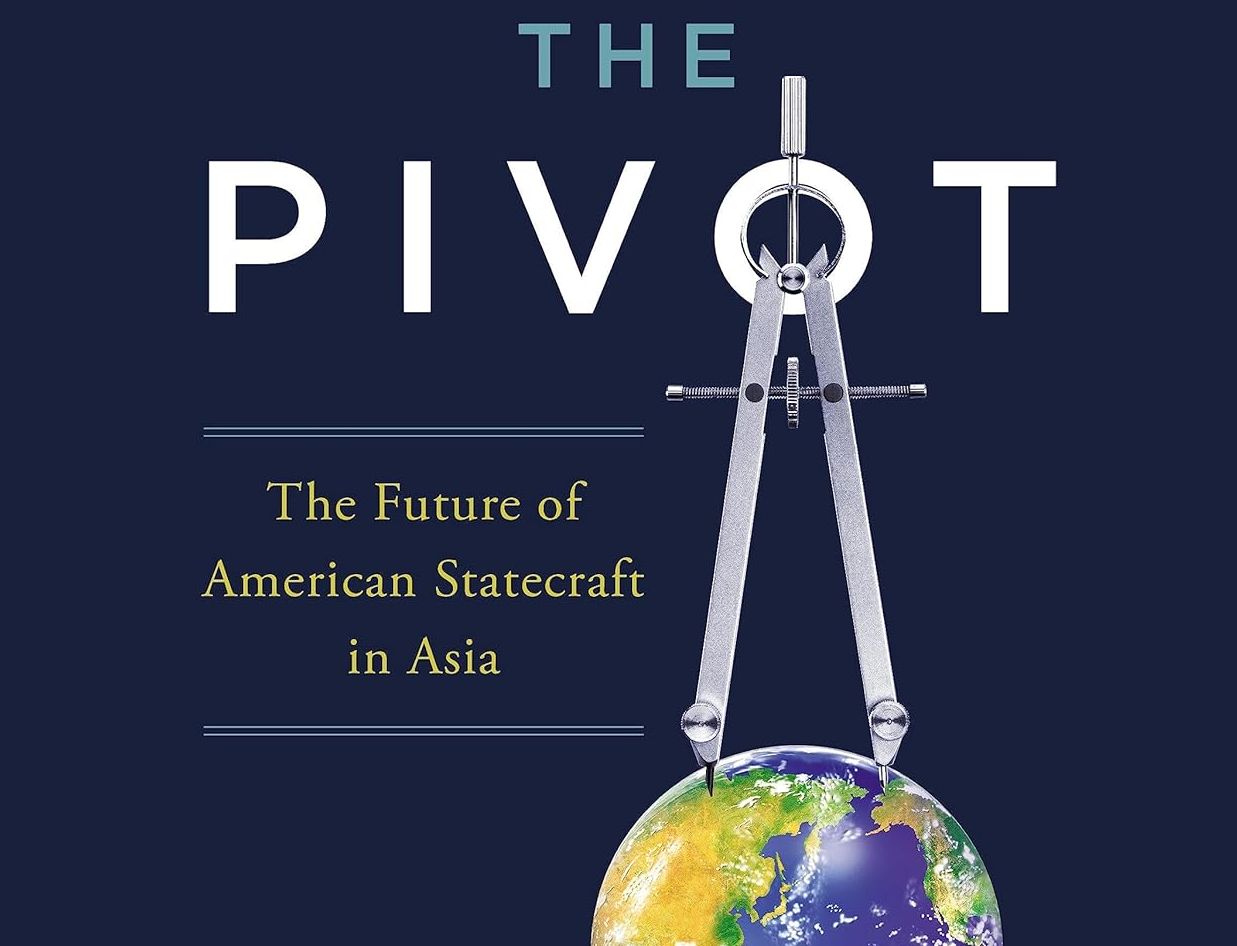
Zhang Gaosheng, Researcher at Department of World Peace and Security, China Institute of International Studies
May 07, 2025
Since his return to the White House, Donald Trump has attempted to reduce the U.S. focus on Europe in order to shift resources to the Indo-Pacific. But geopolitical rivalry can neither resolve America’s own problems nor the challenges facing the world.
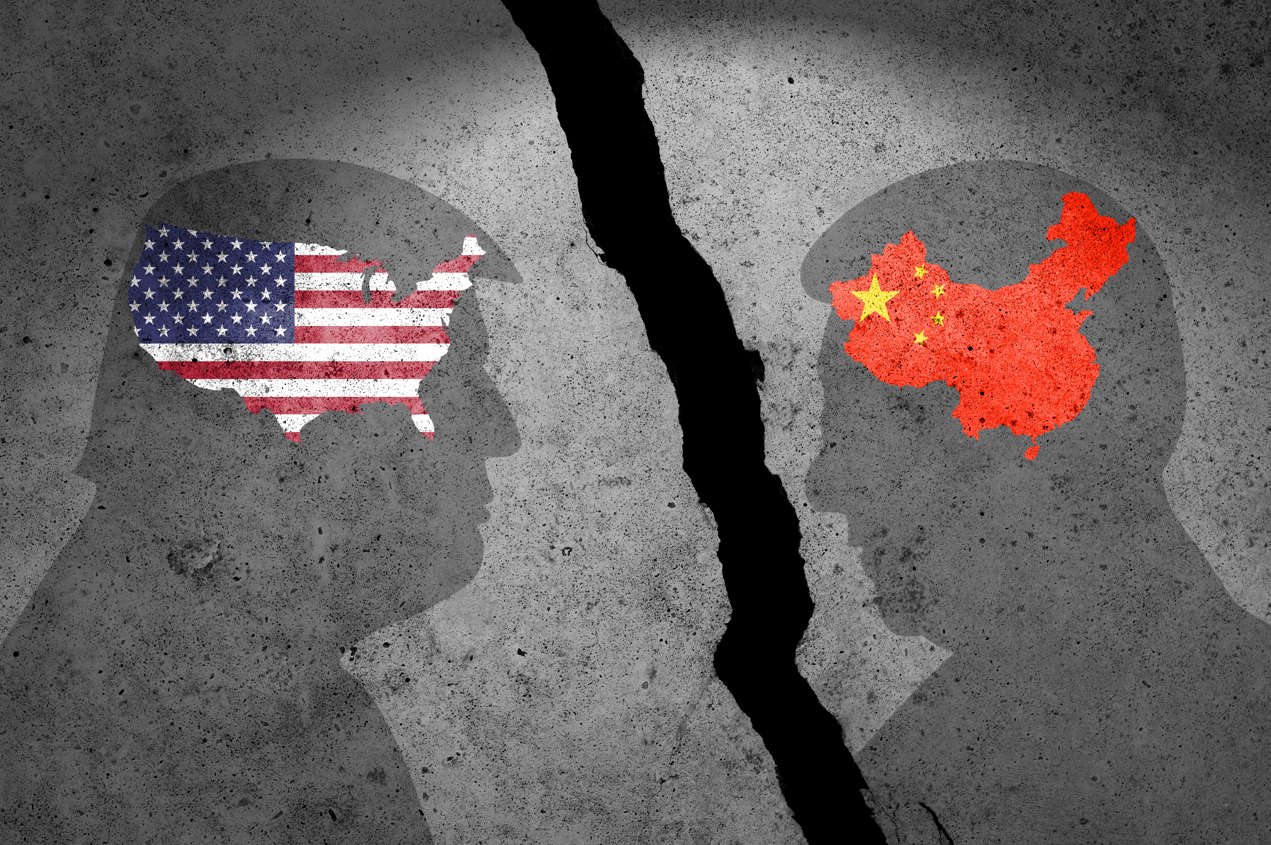
Zhou Xiaoming, Former Deputy Permanent Representative of China’s Mission to the UN Office in Geneva
May 06, 2025
A trade deal between China and the United States is nowhere in sight. The mountain of issues could take a long time and enormous effort to resolve. It’s certainly not going to happen in three or four weeks, as Trump has suggested. More likely, it will be months, if not years.
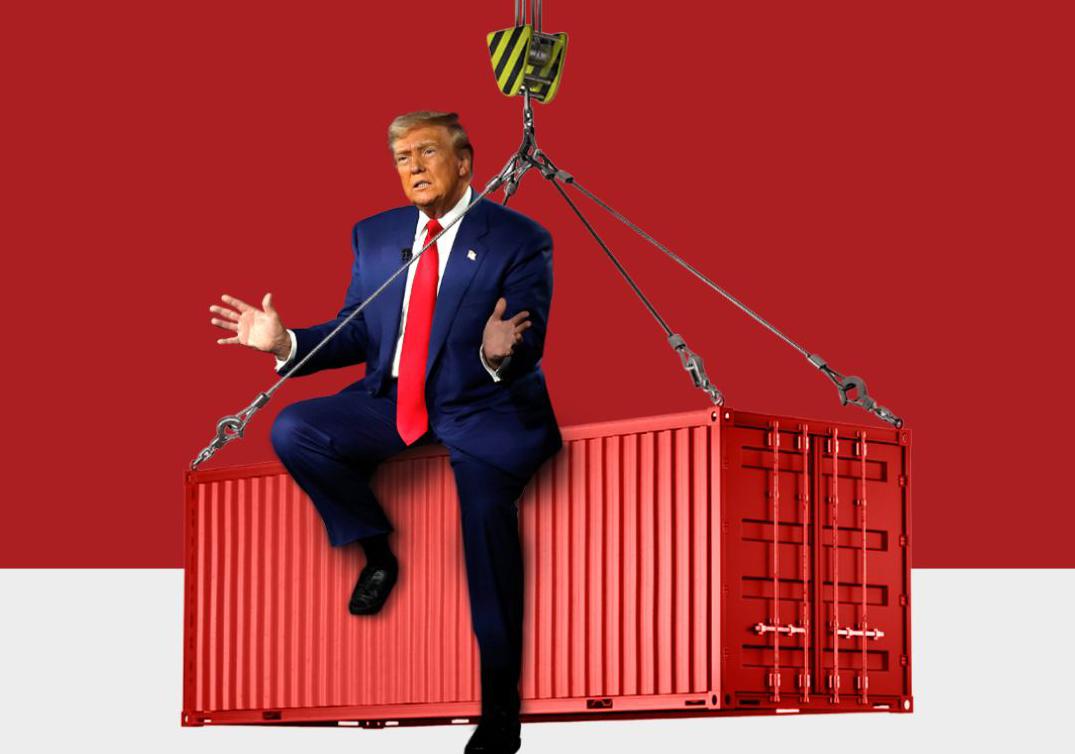
Zhang Monan, Deputy Director of Institute of American and European Studies, CCIEE
May 02, 2025
Donald Trump’s “reciprocal tariff” policy is intended to push back against globalization, but its inherent structural problems will only accelerate the trend of “de-Americanization” worldwide.
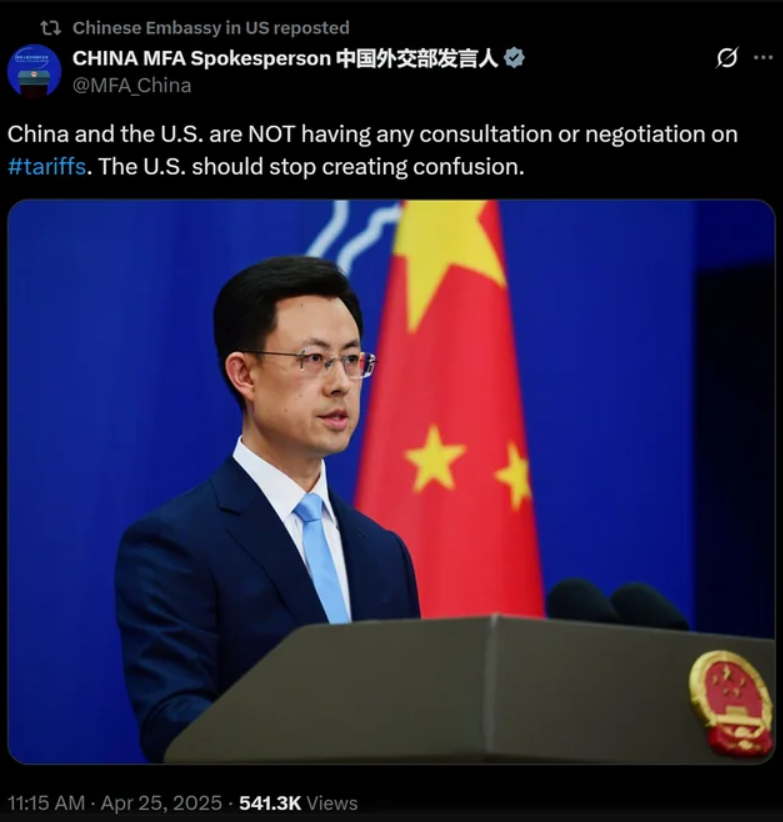
He Weiwen, Senior Fellow, Center for China and Globalization, CCG
Apr 30, 2025
Tariffs and a trade war are definitely going in the wrong direction. Trump and his team should cast aside all illusions that China will capitulate and that the U.S. can survive the tariff war. The only wise choice is to dump the tariffs and come to the table for talks.
Back to Top

- China-US Focus builds trust and understanding between the U.S. and China through open dialogue among thought leaders.
- Our Offerings
- Topics
- Videos
- Podcasts
- Columnists
- Research Reports
- Focus Digest
- Stay Connected
-
Thanks for signing up!
- Get the latest stories from China-US Focus weekly.